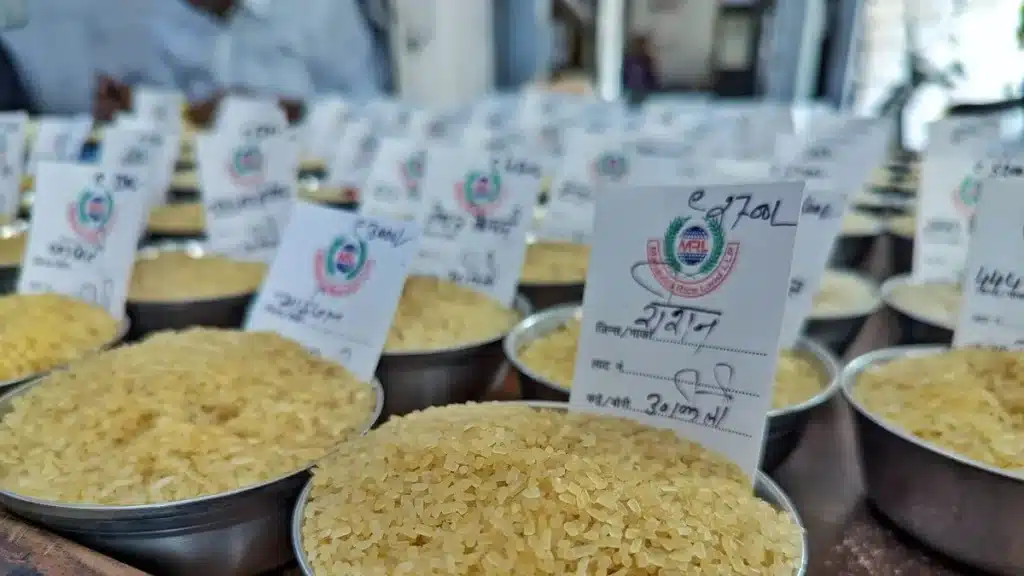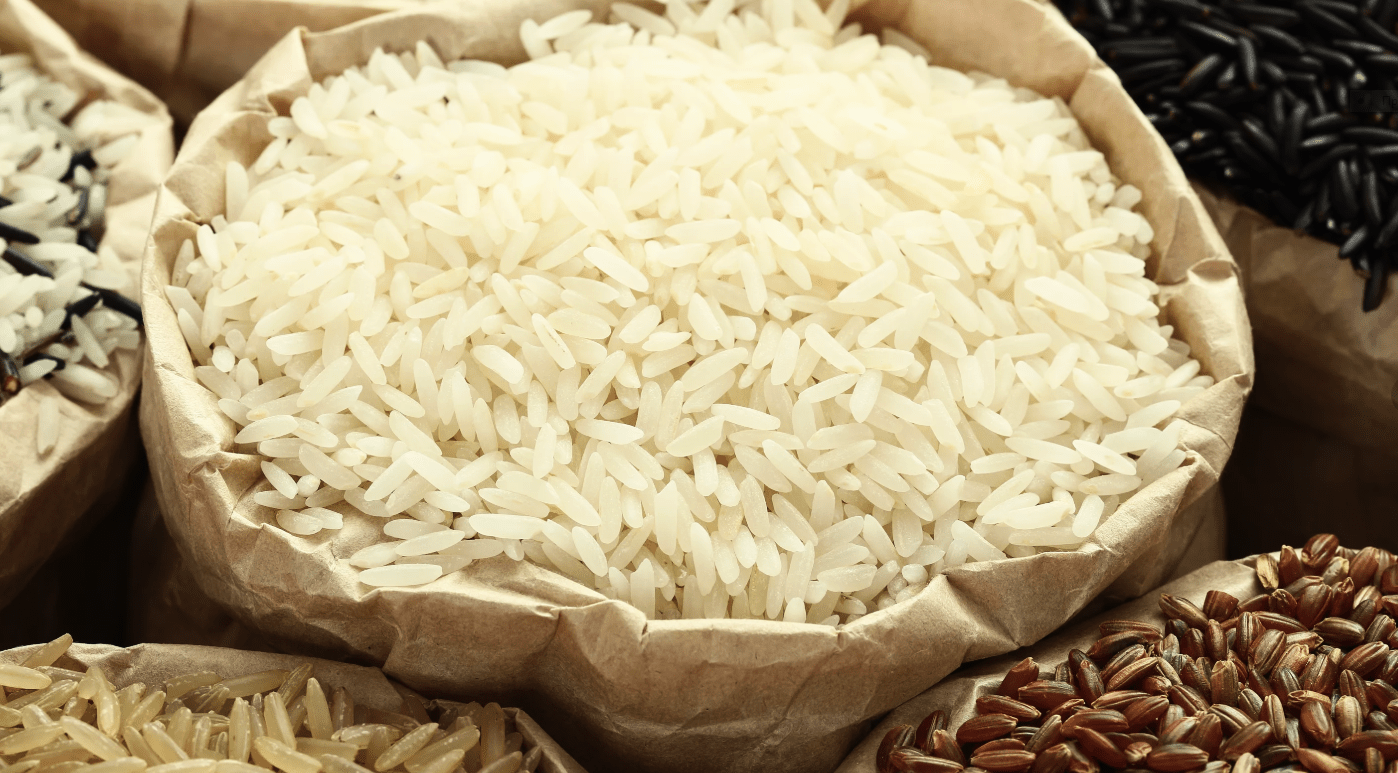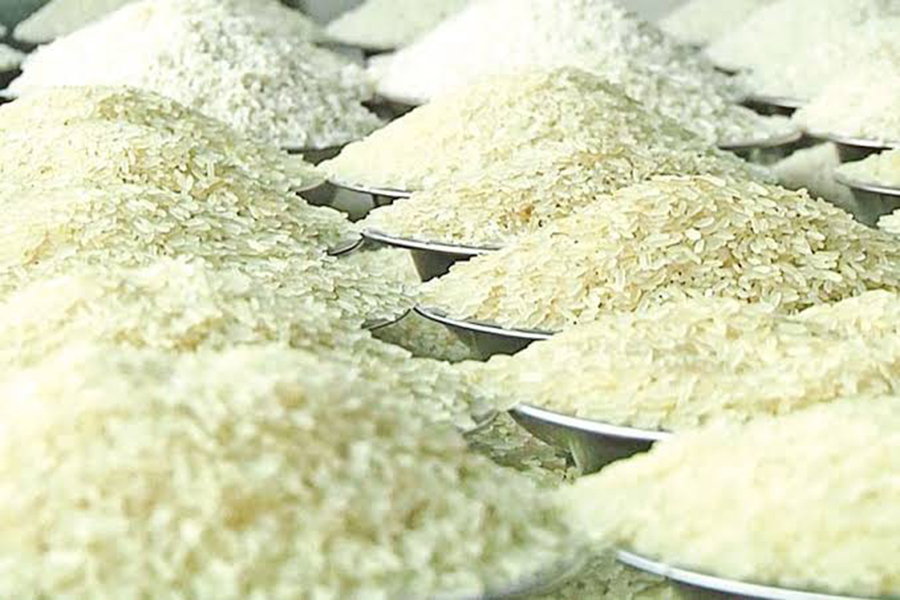Tags
Global Rice Crisis: The Domino Effect of India’s Export Bans

In a world where food is a fundamental necessity, the significance of rice, a core staple for billions, cannot be overstated. Today, the global rice industry stands on shaky grounds, facing the most severe crisis in two decades, primarily due to India’s export bans on rice. The reverberations of these actions by India, which holds a dominant 40% share in the global rice market, are felt profoundly by developing nations in Africa and Southeast Asia, where rice is a crucial dietary constituent.
India’s Export Bans: A Trigger to the Crisis
In September 2022, the first blow came when India banned exports of broken rice and imposed a steep 20% duty on exports of various rice varieties. The situation worsened in July 2023 as the country halted exports of its plain white long-grain rice. The catalyst behind these steps was India’s mounting concerns for its food security and the imperative to keep staple foods like rice accessible domestically.
The Domino Effect: Global Consequences
The trade-offs resulting from India’s export bans are significant. Rice prices have escalated 15-20%, hitting a 12-year peak, as stated by the International Food Policy Research Institute. This price surge is partly attributable to the climbing input costs for energy and fertilizer, which have remained unmatched by stable market prices for rice compared to other agricultural products.
The U.S. Rice Farmers: Feeling the Heat
Not far away, rice farmers in the U.S. are battling the tremors of volatile market prices and increasing production costs. In a bid to alleviate their struggles, Congress has allocated a hefty sum of $250 million in supplemental funding. Nevertheless, the current scenario casts a threatening shadow over affordable food access, trade relationships, and the livelihoods of millions of rice farmers globally.
Meanwhile, the Indonesian government is taking preventive measures to avert a food crisis, primarily focusing on the availability and pricing of rice and sugar. It has set rice import quotas and amplified the budget for subsidized fertilizer to support rice planting. Furthermore, stock levels for government food reserves are being established, and efforts are underway to improve storage and distribution capacity.
The global food supply faces various challenges and threats, including extreme weather, export bans, and the impact on rice production in countries like India, China, and the U.S. The potential for rising food prices and concerns about food security due to the shortage of rice in the market are ever-increasing. As the world grapples with this crisis, the question remains: How can we ensure food security in an era of uncertainty?
https://bnnbreaking.com/world/india/global-rice-crisis-the-domino-effect-of-indias-export-bans/Published Date: January 14, 2024






